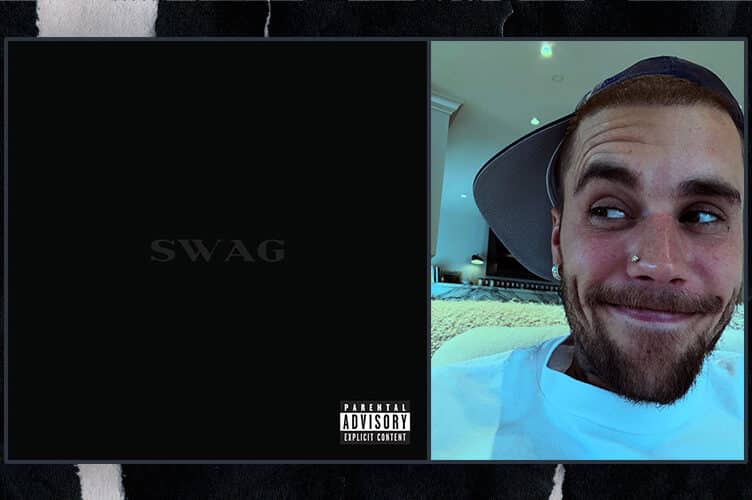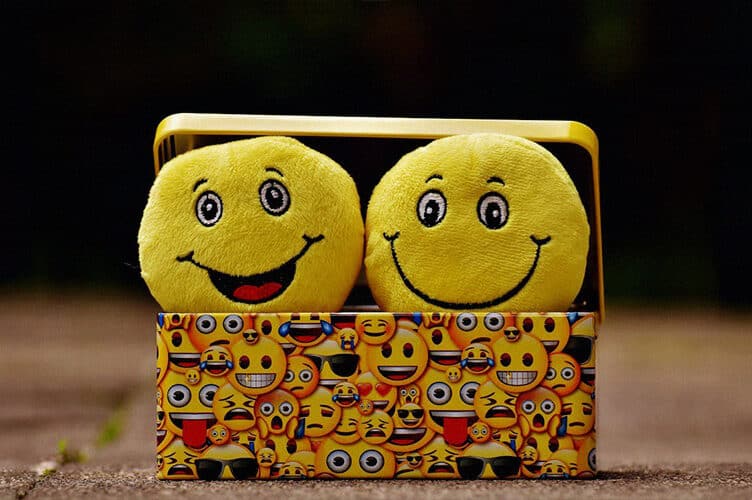THERE is no prison more severe than the regrets we hold deeply in our hearts.
Sometimes the worst nightmares are dressed as phantoms of the choices we never truly embraced, the ghost of the possibilities of a path we didn’t choose, their fingers stretching like the brittle branches of a dead tree, tapping against our windows with haunting persistence.
These fleeting apparitions trap us in the past, compelling us to replay the moments of what could have been but never came to pass. Their presence lingers, urging us to dwell on the what-ifs, the could-have-beens, the roads not taken, and the haunting possibility that perhaps those paths might have led to a better ‘now’.
But although regrets are often viewed as nothing more but thorns on our side, they can also serve as subtle markers of growth— painful yet necessary reminders that shape who we are.
Taylor Swift’s Champagne Problems is an exploration of this perspective. Regrets might be a cross we carry, but they are also a relic—an enduring reminder of the sacrifices we made to get to where we are.
Fizzy Memories, Broken Hearts
Champagne Problems is a song written by Taylor Swift for her album Evermore, released in 2020. It is about a rejected marriage proposal and the subsequent emotional consequences that followed it.
The song explores the narrative in the point of view of a woman who turns down the proposal of her long-time college partner, whom she loved so much but wasn’t yet ready to get married to:
“Because I dropped your hand while dancing / Left you out there standing /Crestfallen on the landing / Champagne problems / Your mom’s ring in your pocket / My picture in your wallet / Your heart was glass, I dropped it / Champagne problems.”
In the song, Swift’s character was stuck in the past, imprisoned in the nostalgia of the love she had let go of. She keeps on replaying the happy memories she had with her lover, a broken record that is drenched in nostalgia:
“Your Midas touch on the Chevy door / November flush and your flannel cure / This dorm was once a madhouse / I made a joke, ‘Well, it’s made for me’”
She struggles with the “what ifs”—the possibility that if she had gotten herself together and accepted her lover’s proposal, things might have turned out differently. It didn’t help that people also weighed in on her decision and kept on reminding her of the loss she had incurred.
Taylor Swift is known for her gut-wrenching bridges, and in Champagne Problems, she delivers probably one of the most harrowing of all.
Swift cleverly used a sharp contrast between the harsh judgment the protagonist faces and the heartbreaking hope she offers—though it’s not for herself.
“‘She would’ve made such a lovely bride / What a shame she’s fucked in the head,’ they said / But you’ll find the real thing instead / She’ll patch up your tapestry that I shred.”
After this, Swift continued to sing the chorus, but this time, there was a little tweak that changed its whole meaning.
Instead of referring to herself, the character imagined the guy’s future with someone else, someone who’s ready for a commitment and wouldn’t hurt him like how she did.
“And hold your hand while dancing / Never leave you standing / Crestfallen on the landing /With champagne problems / Your mom’s ring in your pocket / Her picture in your wallet / And you won’t remember all my / Champagne problems.”
Swift repeats these last two lines as she imagines the guy to forget her eventually while she continues to drown in the what-ifs and memories:
“You won’t remember all my champagne problems.”
Popping the Bubbles
‘Champagne Problems’ is a euphemism for trivial dilemmas—issues that appear insignificant when compared to more serious concerns.
Swift uses this phrase ironically in the title to reflect how those around the protagonist perceive her rejection of the marriage proposal as a mere “mistake”—an absurd decision. They view her rejection as a way to create problems for herself because, as they say, she’s not “right in the head”.
But in the song, Swift cleverly subverts the typical association of “champagne problems” as trivial by revealing it to be a reflection of deeper, often dismissed emotional issues. What should have been a celebratory moment—marked by love and commitment—becomes a painful dilemma, highlighting how complex and misunderstood such emotional turmoil can be.
Swift even hinted that what the protagonist might be dealing with potential mental health problems in lyrics like:
“’This dorm was once a madhouse’ / I made a joke, / ‘Well, it’s made for me’”
And…
“She would’ve made such a lovely bride / What a shame she’s fucked in the head,” they said.
With these lyrics, especially the first one, we could even say that the protagonist in the song was downplaying her internal struggles since she wanted to continue with the relationship.
But when the guy got down on his knees to propose to her, it was then that she realized she couldn’t do it. Not in the state she was in:
“Sometimes you just don’t know the answer /’Til someone’s on their knees and asks you.”
Yes, the protagonist really expresses her regret for leaving the guy, but now a question begs for an answer: can we really fault her for it?
Her decision wasn’t born out of a lack of love, but rather as a sacrifice—an act of putting her own journey first to figure out what she truly wants in life.
Perhaps her regrets only surfaced later, when she imagined the life she could have had with her partner. But wouldn’t she have regretted staying with him as well, forgoing the chance to heal and figure out who she truly was first?
What to learn from regrets
Regret is agonizing, and as much as we want to avoid it, it is also inevitable. There is always the possibility of a sleepless night due to being haunted by the choices we cannot change anymore.
But it doesn’t always have to be this way. Sometimes, regrets come because we fail to recognize our very own needs during the times we made those decisions. We forgot the exact context of the situation that helped define the choices we have made.
Here’s a proposition: what if we view regret not as something that torments us, but as an invitation to forgive ourselves? After all, most of our choices were done in the name of self-preservation, a way to deal with our own needs in a pressing situation.
Is it really such a bad thing to commit mistakes when, in the end, it paved the way of character development?
In the end, learning to forgive ourselves is the key to moving forward—because regret, when left unchecked, can keep us trapped in a past that no longer serves us.
How useful was this post?
Click on a star to rate it!
Average rating 0 / 5. Vote count: 0
No votes so far! Be the first to rate this post.
We are sorry that this post was not useful for you!
Let us improve this post!
Tell us how we can improve this post?








